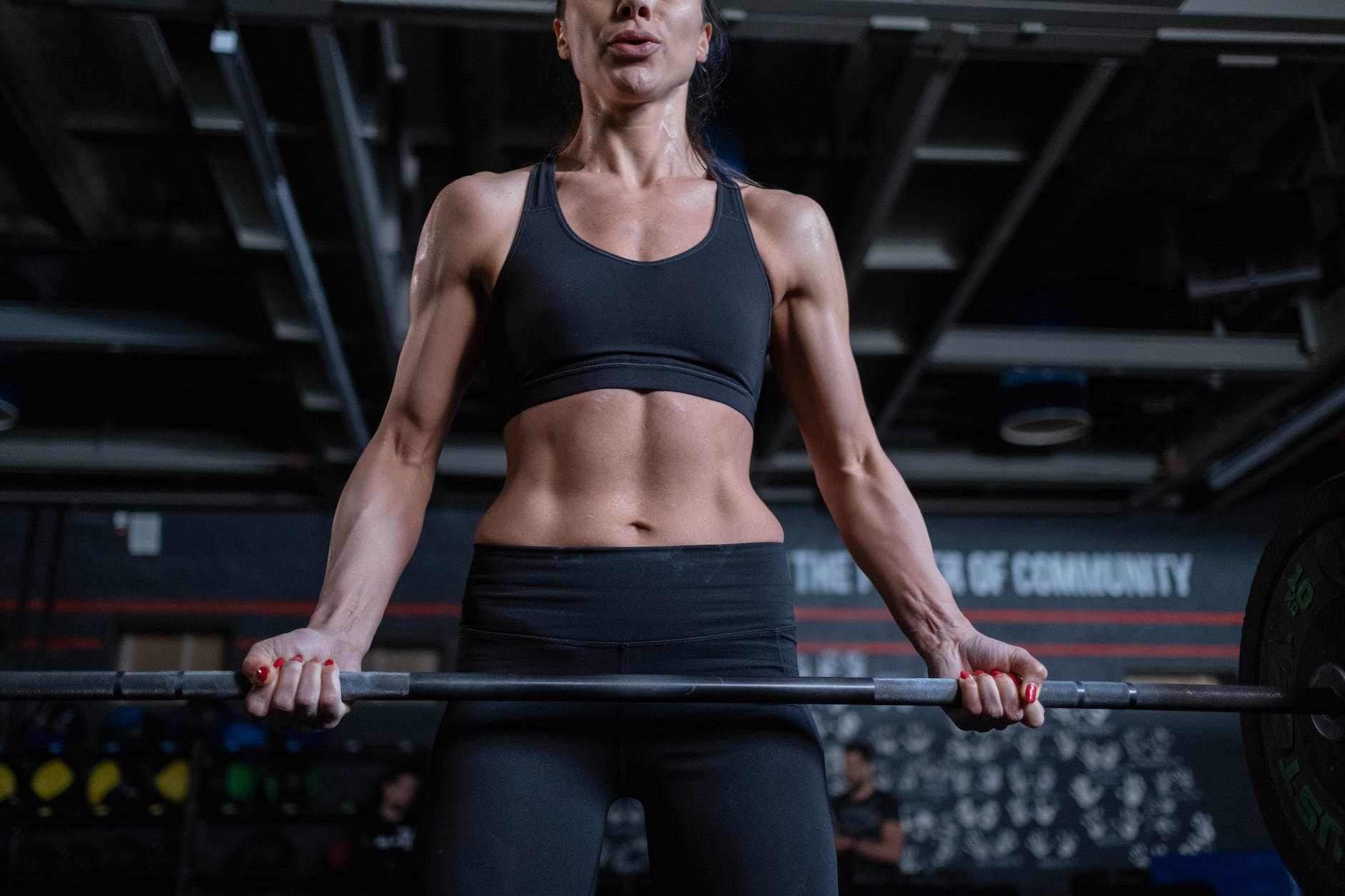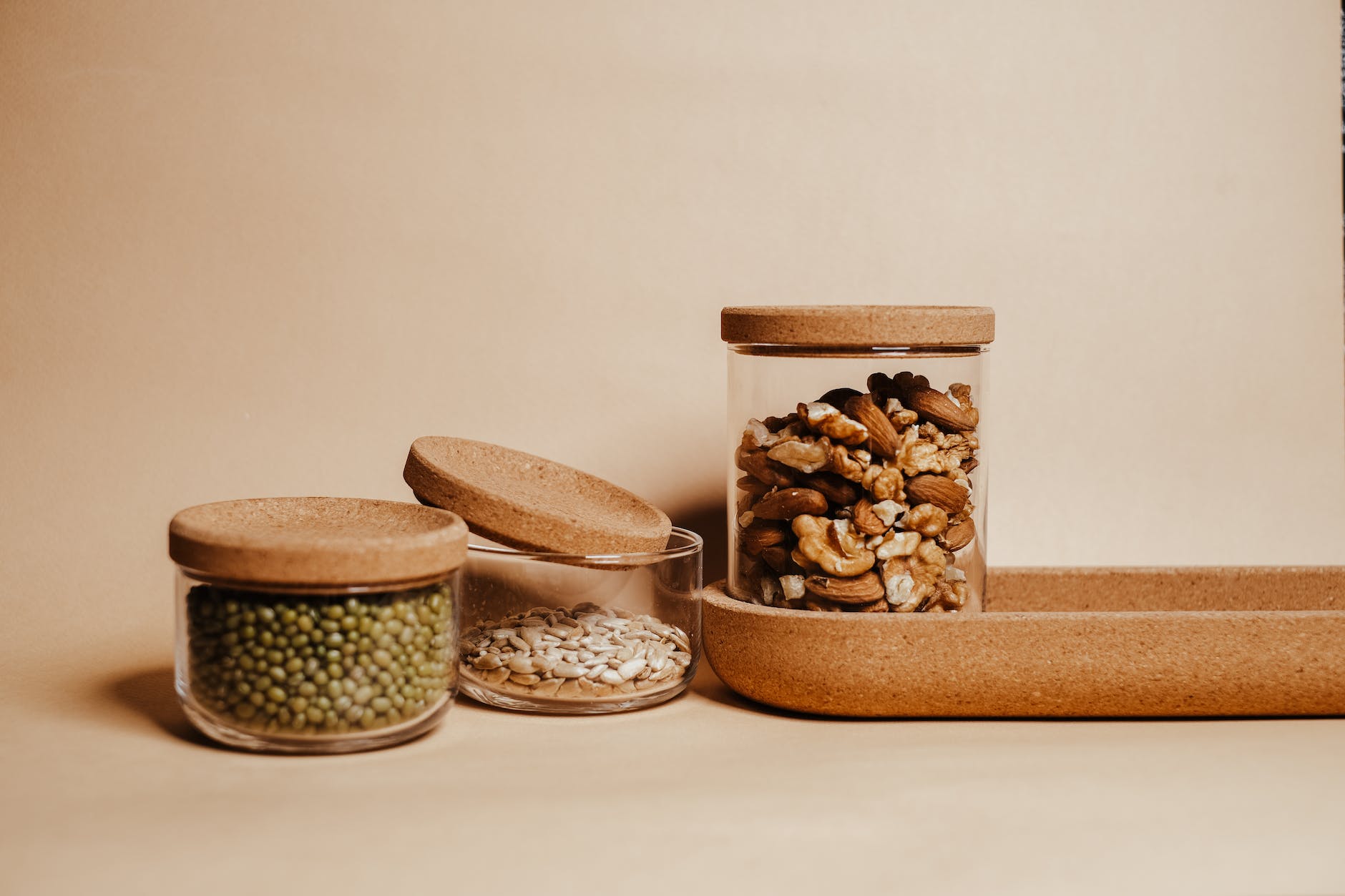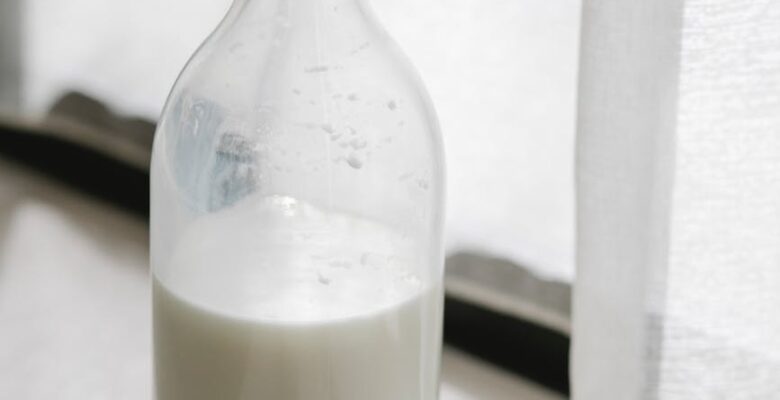Protein is one macronutrient that women tend to be deficient in. Women need at least 100 grams of protein every day, yet most of the time, they only get 50 grams.
This can lead to multiple health problems, both physical and emotional. In this essay, I’ll discuss why protein is essential for overall health and provide ideas on how to consume 100 grams of protein every day easily.
Why Is Protein So Vital?
Protein is an essential and vital nutrient component of a healthy diet. Protein is required by your body and is used for various tasks. Proteins are made up of necessary amino acids, which are essentially basic chemical building blocks.
Your body employs these building components to do the following:
1) muscular growth and repair: Protein is used by the body to build and repair muscular tissue. This is especially important for anyone who participates in physical sports or activities.

2) Weight loss: Protein keeps you feeling fuller for longer, allowing you to control your appetite and cut back on calories. Furthermore, protein has a greater “thermic effect” than carbs or fat. The amount of energy your body expends to metabolize, digest, and absorb the food you eat is referred to as the thermic effect of food.
Protein has a thermic effect of roughly 20-30%, carbs have a thermic effect of 5-15%, and fat has a thermic influence of 0-5%. Which means that if you consume 100 calories of protein, your body will expend approximately 20-30 of those calories just to digest the food. That is awesome.
3) Metabolism: Protein regulates hormones that regulate metabolism, such as insulin and glucagon. Protein consumption is essential for keeping a strong and healthy metabolism.
4) Bone health: Protein is an important component in maintaining bone density and strength. Protein deficiency can lead to illnesses like osteoporosis.
5) Immune system: Proteins make up several components of the immune system, including immune cells and antibodies. As a result, protein is required for your immune system to operate properly.
6) Proteins aid in the creation of enzymes and hormones that regulate vital biological functions, including digestion, blood sugar regulation, and growth. Protein deficiency can have a negative impact on digestion, blood sugar control, and tissue growth.
7) Proteins are required for the synthesis of collagen. Protein that provides structural support to the skin, hair, and nails. If your diet lacks protein, you will eventually develop dry skin, brittle hair, and weak nails.
8) Nutrient transport: Certain proteins, such as hemoglobin, carry important nutrients, such as oxygen, throughout the body. Hemoglobin is especially responsible for transporting oxygen within red blood cells.
9) Cellular repair and maintenance: Proteins are essential for cell repair and cell structure maintenance. They also play a role in DNA synthesis and cell division.
10) Blood sugar stabilization: Protein helps to balance blood sugar levels by slowing carbohydrate absorption in the digestive tract.
11) Mood and cognitive function: Amino acids are required for the production of neurotransmitters like dopamine and serotonin, which have an effect on mood and cognitive performance. That’s right! Increasing your protein intake can assist in stabilizing your mood.
12) Wound healing: Because protein helps with muscle and cellular regeneration, it is essential for wound healing and damage recovery.
13) Athletic performance: If you engage in severe physical training, protein is required to aid in muscle recovery and improve workout performance.
If that list doesn’t convince you that protein is essential, I don’t know what will.
Optimizing your daily protein consumption is a terrific place to start if you’re an athlete aiming to improve your performance, someone attempting to reduce weight, or simply seeking improved overall health.
It’s crucial to remember that as we get older, we lose skeletal muscle tissue, a disease known as sarcopenia, which is frequent among the elderly. Sarcopenia not only has an impact on our physical appearance, but it can also result in decreased mobility and general health. To resist the effects of aging and gravity on our bodies, eating enough protein is critical for maintaining lean muscle mass, especially as we age.
How Much Protein Should You Consume Per Day?
Now that you know how vital protein is, let’s figure out how much you should eat each day.
The Recommended Daily Allowance for protein is 0.36 grams/pound of body weight (or 0.8 grams per kilogram of body weight). For example, if a person weighs 140 pounds, they should consume 50 grams of protein each day.
However, there is enough data to suggest that increasing this quantity is preferable. This equates to around 0.7 grams of protein/pound. As a result, the 140-pound person would need to consume 100 grams of protein per day.

Assume we want to ingest 100 grams of protein each day. Of course, you can add more protein if you wish. Personally, I eat roughly 120 grams of protein every day, or 0.9 grams per pound of body weight.
However, evidence indicates that eating more protein may not provide much advantage. I enjoy eating meat on a daily basis because it is abundant in protein. You’ll have to experiment with your own physique to figure out what works best for you. That being said, if you can ingest 100 grams of protein every day, you’ll be well on your way.
What Are the Best Protein Sources?
Getting enough protein is a lot easier, roughly 100 times easier if you eat animal-based foods. That is not to argue that you can’t acquire adequate protein on a vegan or plant-based diet; it’s just more difficult. I’ve included some good protein sources and the amount of protein you can anticipate obtaining from each one below.
Meat
- 8 ounces ground beef = 42 grams
- 8 oz filet mignon meat equals 48 g
- 8 oz (36 g) pork chop
Poultry
- 55 grams = 8 oz chicken thighs
- 70 grams equals 8 oz chicken breast
- 44 grams equals 8 oz turkey leg
Seafood
- 47 grams = 8 oz wild-caught salmon
- 46 grams = 8 oz wild-caught shrimp
- 58 grams = 8 oz canned tuna
Eggs
- 1 egg equals 6 grams
- 1 egg white equals 4 grams
Milk and dairy products
- 8 ounces milk = 8 grams
- 9 g = 1 cup plain full-fat Greek yogurt
- 13 g = 1/2 cup 4% cottage cheese
Protein sources derived from plants
Legumes and beans
- 15 g = 1 cup cooked chickpeas
- 18 g = 1 cup cooked lentils
- 15 g = 1 cup cooked kidney beans, black beans, or pinto beans
Tempeh and Tofu
- 6 oz tempeh equals 32 g
- 6 oz tofu equals 16 g
Quinoa and Other Whole Grain Products
- 8 g = 1 cup cooked quinoa
- 6 g = 1 cup cooked buckwheat
- 6 grams = 1 cup cooked millet
Seeds and nuts
- 8 grams = 2 tbsp peanut butter
- 1 ounce of hemp seeds equals 9 g
- 9 g = 1 oz pumpkin seeds
Animal-based meals have more protein than plant-based foods, as can be seen. If you are on a vegan or vegetarian diet, you should be more vigilant and make sure you receive adequate protein every day.

How Do Protein Supplements Work?
It might be challenging for women who follow a plant-based diet to consume adequate protein through food alone. This is where protein supplements, such as plant-based protein powder and bars, can help by giving extra protein throughout the day.
Even if you don’t eat a plant-based diet, protein supplements can help you take up your daily protein requirements or if you prefer not to ingest excessive amounts of animal protein.
The protein composition of various protein supplements per scoop, for example, is listed below:
- 1 scoop = 25 grams of plant-based protein powder
- 1 scoop of whey protein is 20-30 grams
- 1 scoop = 12 grams of collagen
If you intend to use protein supplements, I recommend the following guidelines:
Avoid using any artificial ingredients: I avoid artificial sweeteners, flavorings, colors, and gums since they bother my stomach. Consuming these chemicals has a negative impact on my gut health in the long run.
Inflammatory oils should be avoided: Many “health” products may appear appealing on the label, but when you read the contents, you may discover palm kernel oil, palm oil, canola oil, sunflower oil, safflower oil, rapeseed oil, and other components. It is advised to avoid foods containing vegetable and seed oils.
Avoid powders and supplements with an extensive ingredient list: Choose products with simple and clean components. I prefer to buy organic and non-GMO foods wherever possible. Check for the organic and/or non-GMO labels on the packaging of most companies to quickly identify these items.
While protein supplements can be beneficial, I no longer take protein powders except for collagen. Although I obtain enough collagen from full foods like bone broth, chicken skin, fish skin, and huge bone-in roasts, I supplement with collagen powder on a daily basis to improve the quality of my skin and hair. There are several excellent collagen brands available, but Perfect Supplements is my current favorite. I believe in their sources and techniques.
Now, let’s get to the important point: how can you actually meet your daily protein goals?
